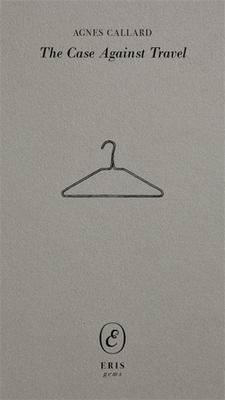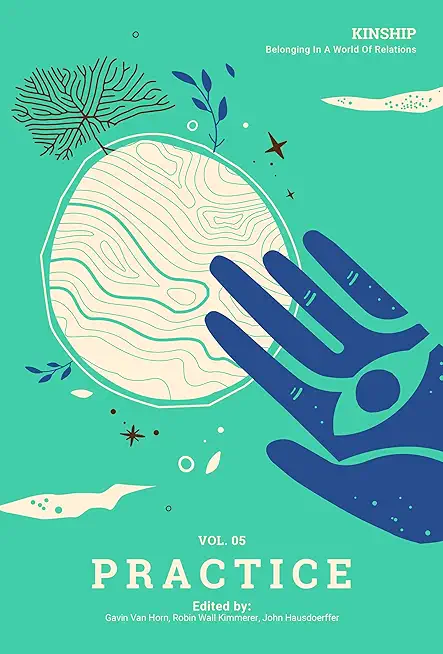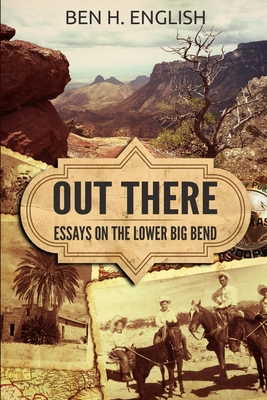
description
ut their travels, few of us like to listen to them. Such talk resembles academic writing and reports of dreams: forms of communication driven more by the needs of the producer than the consumer." In The Case Against Travel the philosopher Agnes Callard launches a vigorous assault on the idea that there is something transformative or ennobling about recreational travel. Going well beyond commonplace complaints about the irksomeness of tourists, Callard's essay is a probing inquiry into what it really means to change one's life, and into the ways in which we try to disguise the fact that life will come to an end.
member goods
No member items were found under this heading.
Return Policy
All sales are final
Shipping
No special shipping considerations available.
Shipping fees determined at checkout.







